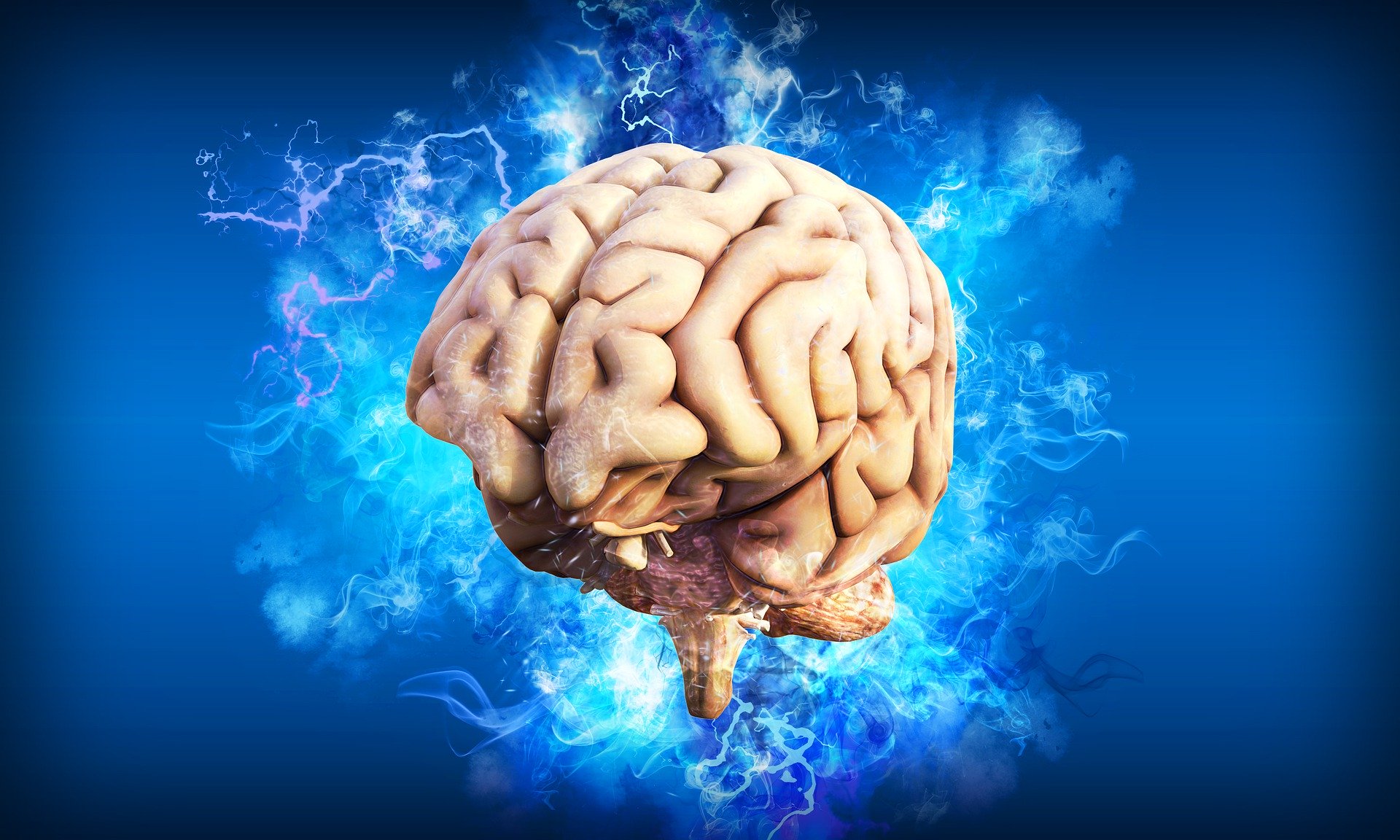A team at Edith Cowan University investigated the effects of transcranial random noise (tRNS) brain stimulation under various conditions and concluded that the technology could be an effective tool for helping people with learning disabilities. During tRNS, electrodes are attached to the head so that weak current flows through certain parts of the brain.
Read also: A new way to treat depression? Non-surgical eye stimulation stimulates neurons in the brain
Dr Ono van der Groen from Edith Cowan University says:
The effect on learning is promising: it can speed up learning and help people with neurological diseases. People with learning disabilities can use it to increase the speed of learning. It has also been tested on people with visual impairments, such as stroke and brain injury.
How does TNS work?
It turned out that transcranial stimulation of the brain with a current with random noise parameters (tRNS) allows the formation of new connections and pathways, which affects the plasticity of the brain. It has two effects on the brain: a short-term effect, which allows for better absorption of knowledge when applying a technique (such as learning knowledge), and the other is modification, which provides lasting results.
Dr Ono van der Groen adds:
If you do 10 sessions of the visual perception task with tRNS and then go back and do it again without it, you will find that you do it better than the control group you didn’t use.
The use of tRNS is controversial. The use of this technique by people with learning disabilities is effective, but discussions are ongoing about whether it can increase the intelligence of people with a neurotype. Dr. van der Groen says the technology has great potential, but you need to be careful.
Read also: Universal Education: This Souvenir of Civilization Has Been Unavailable for Centuries
Dr. Ono van der Groen explains:
The question is, if you have the neurotype, have you actually reached the peak. There is a case study where an attempt was made to increase the math skills of the superstar – it had little effect on his performance, perhaps because he is already one of the best performers in the field. But this technique will work when we learn something new.
While tRNS technology is still in its infancy, there is great potential for future applications. Especially since the concept behind it is very simple. Scientists around the world are studying the effects of tRNS on cognition, temporary memory, sensory processing, and other aspects of behavior, even treating a range of clinical conditions. Details of Dr. Van der Green’s research are described in Neuroscience and Biobehavioral Reviews.

Echo Richards embodies a personality that is a delightful contradiction: a humble musicaholic who never brags about her expansive knowledge of both classic and contemporary tunes. Infuriatingly modest, one would never know from a mere conversation how deeply entrenched she is in the world of music. This passion seamlessly translates into her problem-solving skills, with Echo often drawing inspiration from melodies and rhythms. A voracious reader, she dives deep into literature, using stories to influence her own hardcore writing. Her spirited advocacy for alcohol isn’t about mere indulgence, but about celebrating life’s poignant moments.










